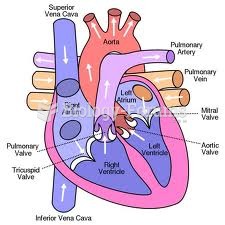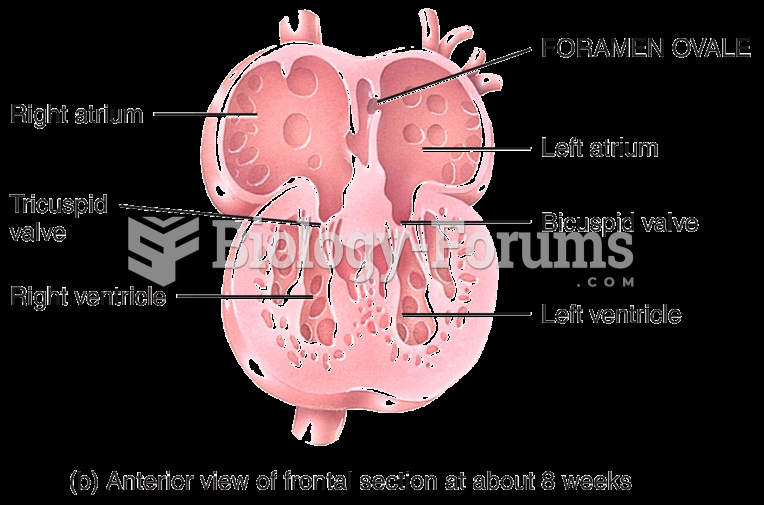|
|
|
Women are two-thirds more likely than men to develop irritable bowel syndrome. This may be attributable to hormonal changes related to their menstrual cycles.
The first war in which wide-scale use of anesthetics occurred was the Civil War, and 80% of all wounds were in the extremities.
Many supplement containers do not even contain what their labels say. There are many documented reports of products containing much less, or more, that what is listed on their labels. They may also contain undisclosed prescription drugs and even contaminants.
People about to have surgery must tell their health care providers about all supplements they take.
Anti-aging claims should not ever be believed. There is no supplement, medication, or any other substance that has been proven to slow or stop the aging process.
 Succession in the intertidal zone involves colonization and competition for limited space among spec
Succession in the intertidal zone involves colonization and competition for limited space among spec
 Electrocardiography. (a) Electrodes are placed on the patient’s chest to record the electrical event
Electrocardiography. (a) Electrodes are placed on the patient’s chest to record the electrical event
 How people use space as they interact is studied by sociologists who have a microsociological focus. ...
How people use space as they interact is studied by sociologists who have a microsociological focus. ...




